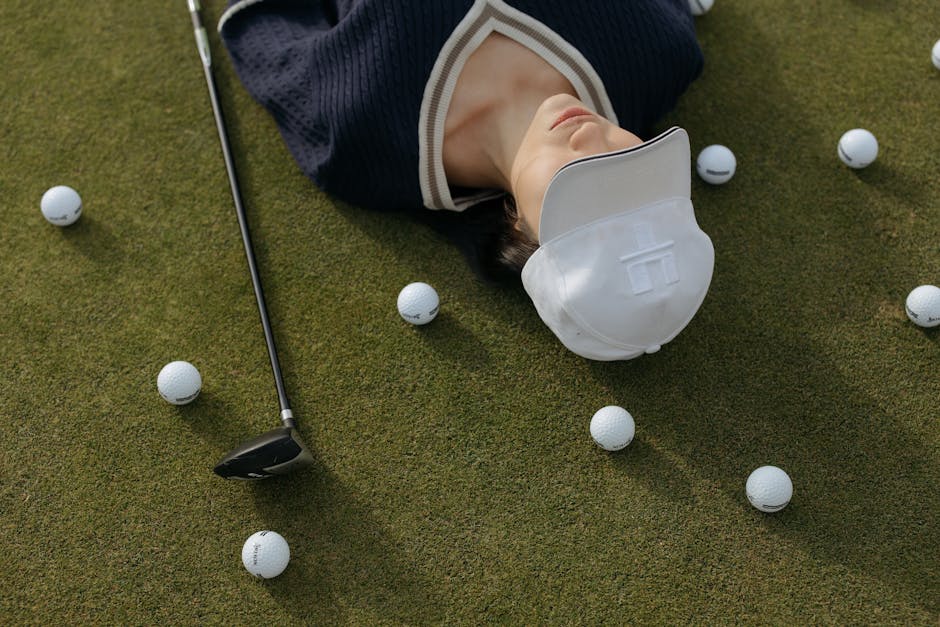Golf is a sport enjoyed by millions worldwide, and having the right clubs can significantly impact your game. Whether you're a seasoned pro or just starting, understanding the different types of clubs and their purposes is crucial for improving your performance and overall enjoyment on the course. This guide will help you navigate the world of golf clubs and make informed decisions when choosing your set.
The first step in selecting the right golf clubs is understanding the different categories. These typically include woods, irons, wedges, and putters. Woods are designed for long-distance shots, while irons offer greater control and accuracy for shorter approaches. Wedges are specialized clubs for short-game situations, like chipping and pitching, and putters are used on the green to roll the ball into the hole.
Within each category, there are variations in club design and loft. Loft refers to the angle of the clubface, which affects the trajectory and distance of the shot. Drivers, the largest of the woods, have the lowest loft and are designed for maximum distance off the tee. Fairway woods and hybrids offer a balance of distance and control for shots from the fairway or rough.
Irons are numbered from 1 to 9, with lower numbers having less loft and providing more distance. Higher-numbered irons are designed for shorter, more controlled shots. Wedges typically include pitching wedges, sand wedges, gap wedges, and lob wedges, each with increasing loft for different short-game scenarios.
Choosing the right clubs also depends on your individual skill level and playing style. Beginners might benefit from a set of clubs designed for forgiveness and ease of use, while more experienced players might prefer clubs that offer greater control and workability. Consider factors like your swing speed, ball flight, and typical course conditions when making your selections.
It's essential to get properly fitted for your golf clubs. A professional club fitting can help determine the correct shaft length, flex, grip size, and lie angle for your swing. These factors significantly impact your ability to hit the ball consistently and accurately. A club fitting can also help identify any swing flaws and recommend adjustments to improve your game.
When purchasing golf clubs, consider your budget and explore different brands and models. There are numerous reputable manufacturers offering a wide range of clubs at various price points. Reading reviews and comparing specifications can help you narrow down your choices and find the best value for your investment.
Finally, remember that practice is key to improving your golf game, regardless of the clubs you use. Regularly hitting the range and playing on the course will help you develop your skills and become more comfortable with your equipment. By combining the right clubs with consistent practice, you can significantly enhance your performance and enjoy the game of golf to its fullest.

